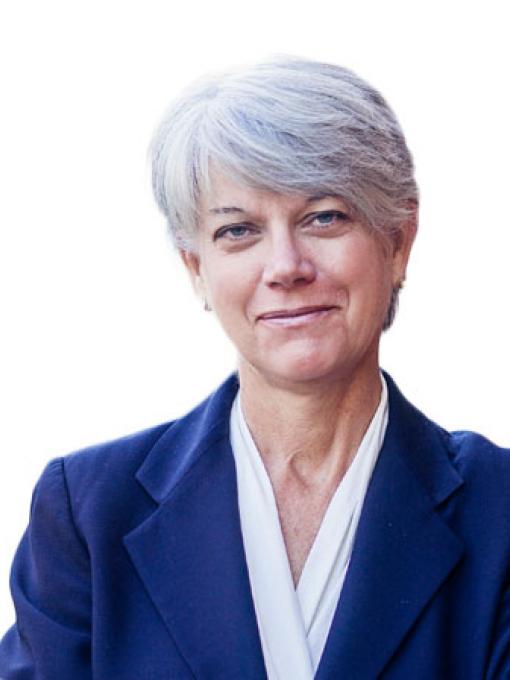FCNL Executive Secretary Diane Randall submitted a letter to Pennsylvania Attorney General Josh Shapiro urging him to deny a request from the State of Texas to support a legal challenge to the Indian Child Welfare Act.
Enacted in 1978, the Indian Child Welfare Act attempts to reverse the practice of taking Indian children out of their homes and their home communities and placing them in non-Indian foster care. At least 33 states have fully embraced the ICWA and have passed laws to strengthen its underlying goals to protect Indian children and support tribal self-determination, and it is considered the gold standard of child welfare practice by at least 17 national child welfare associations.
Dear Attorney General Josh Shapiro:
I write on behalf of Friends Committee on National Legislation to ask for your support in defending the Indian Child Welfare Act (ICWA), which has recently been challenged by the state of Texas and two foster care parents as unconstitutional. It has come to our attention that Texas may have reached out to your office asking for your support in this matter. We strongly urge you to deny this request and instead vocalize your support for ICWA.
Founded in 1943 the Friends Committee on National Legislation (FCNL) is a Quaker lobby in the public interest. We lobby Congress and the administration to advance peace, justice, opportunity, and environmental stewardship. For the past 40 years, FCNL has advocated for policies and appropriations that support Native American cultural rights and self-determination, promote the health and well-being of Native peoples, and honor the promises made to Native Americans in treaties and other laws throughout U.S. history. Quakers in Pennsylvania have been central to that advocacy—with over 13,000 Quakers and activists who are part of our network today.
FCNL strongly supported this legislation which attempts to reverse the practice of taking Indian children out of their homes and their home communities and placing them in non-Indian foster care. ICWA has never been challenged as unconstitutional by any state since its enactment in 1978 (nearly 40 years ago). To the contrary, at least 33 states have fully embraced ICWA and actually passed laws to strengthen its underlying goals–protecting Indian children and supporting tribal self-determination. In addition to state legislation, many states have established ICWA commissions, developed ICWA workgroups or negotiated tribal-state child welfare agreements. States have applied ICWA in child custody proceedings throughout the United States for 40 years, protecting Indian children, preserving Indian families and securing the future of Indian tribes.
We also note that ICWA is considered the gold standard of child welfare practice by at least 17 national child welfare associations, such as the National CASA Association, the National Association of Social Workers, Casey Family Programs, and the Annie E. Casey Foundation. In short, ICWA works to preserve families and to keep Indian children connected to their families and communities when they cannot safely return home. It does so, as intended by Congress, by preserving the child’s citizenship, or potential citizenship, to his or her tribal, political community throughout child custody proceedings. In this manner, ICWA is not racially based, as asserted by Texas.
Also, the challenge to ICWA’s constitutionality flies directly in the face of Congress, which passed ICWA in 1978 based upon the United States’ general trust responsibility to Indian tribes and authority vested in the Indian Commerce Clause. In doing so, Congress “[recognized] the special relationship between the United States and the Indian tribes and their members and the Federal responsibility to Indian people.”
For all of the aforementioned reasons, we again strongly urge your support for ICWA. We ask that you deny any request to join the state of Texas in its challenge of ICWA, and further ask that you instead show your support for ICWA by supporting the strong federal and tribal interests at stake. If you have any further questions or comments, please contact our Congressional Advocate on Native American Policy, Lacina Onco.
Sincerely,
Diane Randall

